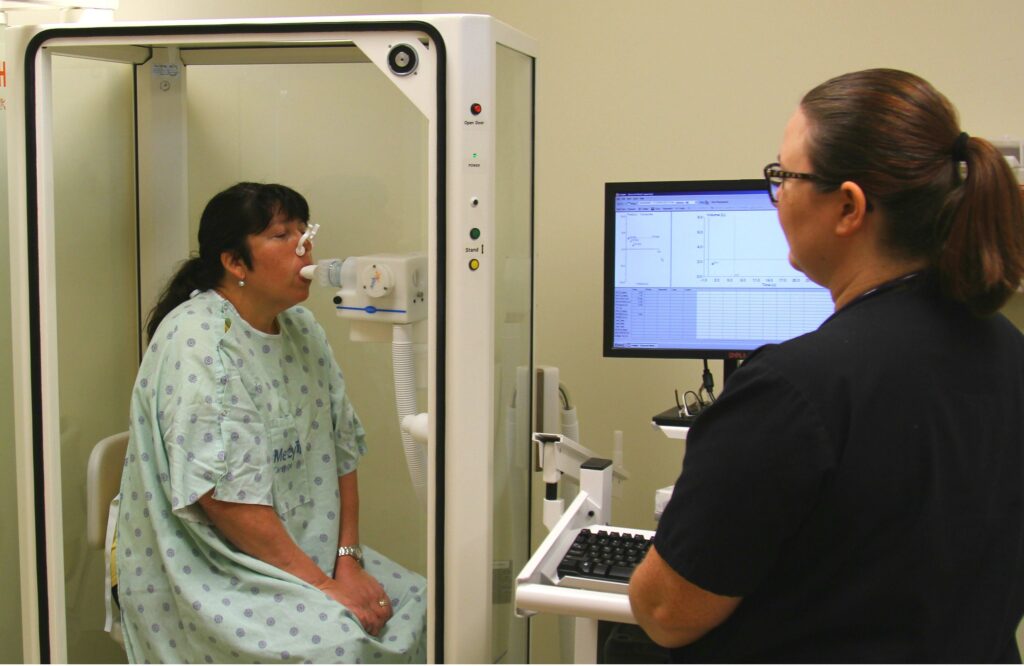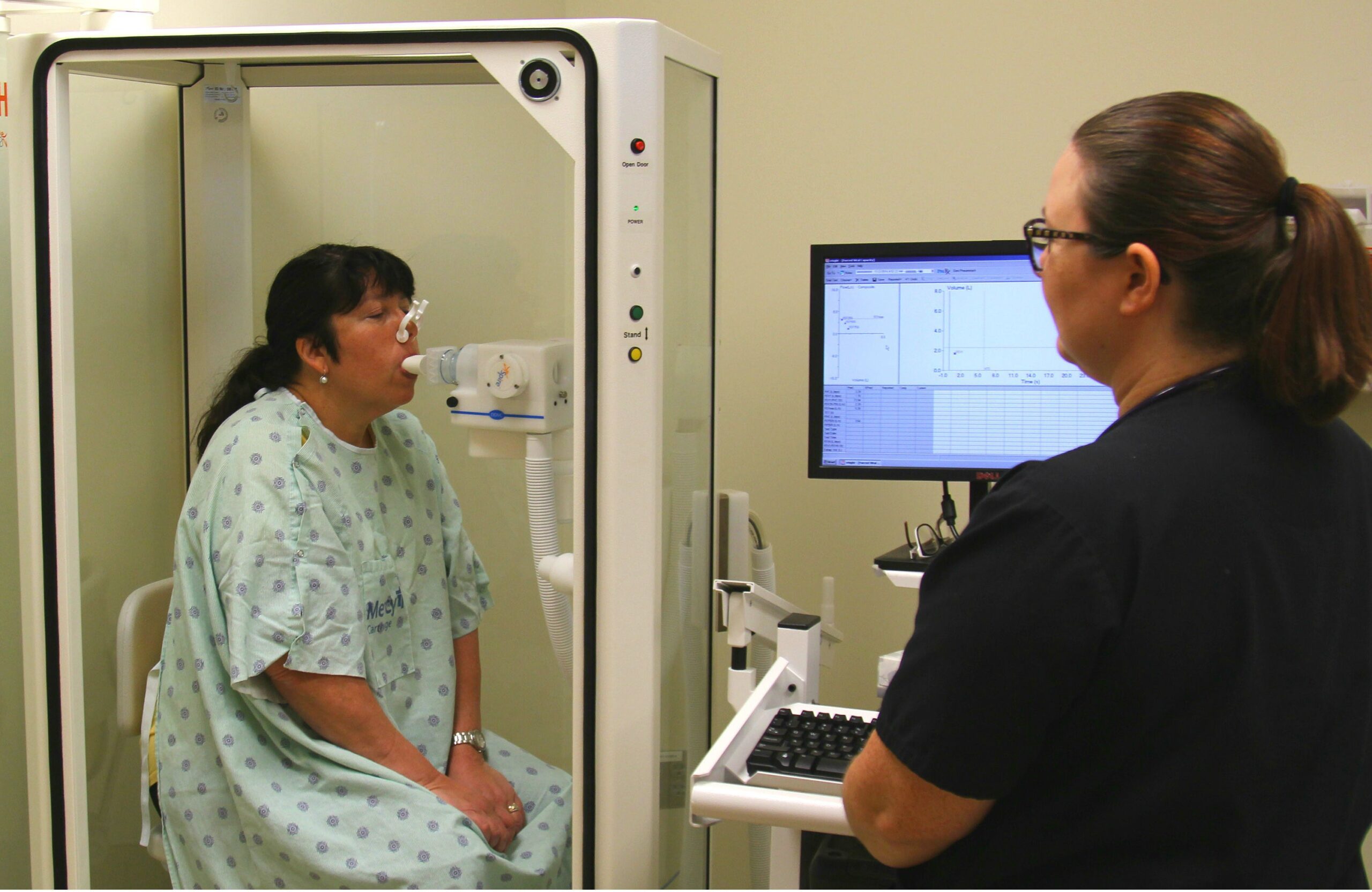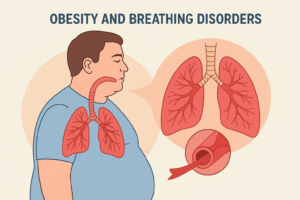
Have you ever wondered how healthy your lungs truly are? For individuals with asthma, COPD, or recurring breathing problems, answers typically start with pulmonary function testing (PFT). These tests are safe, pain-free, and provide physicians with essential insights right into exactly how well your lungs are working.
Recognizing what to anticipate during PFT– and why it matters– can help you really feel extra positive and prepared for your following appointment.
What Is Pulmonary Function Testing?
Pulmonary function testing is a group of breathing tests that measure:
-
How much air your lungs can hold
-
How quickly you can move air in and out
-
How well your lungs transfer oxygen into your blood
Together, these results give doctors a complete picture of your lung health and guide treatment for conditions like asthma, COPD, or even unexplained chronic cough.
Why Pulmonary Function Testing Matters
A PFT does more than just measure your breathing—it provides answers:
-
Helps diagnose lung conditions early
-
Determines if your symptoms are from asthma vs COPD
-
Guides treatment plans and medication adjustments
-
Tracks how well your lungs respond to therapies
-
Detects early lung changes even before symptoms worsen
👉 In short: PFTs help your doctor create the most effective care plan tailored to your breathing needs.
What to Expect During Pulmonary Function Testing
Many patients feel nervous before their first PFT, but the process is simple:
-
Breathing into a mouthpiece – You’ll sit and breathe into a special device while wearing a nose clip.
-
Simple instructions – You may be asked to take deep breaths, blow out quickly, or hold your breath for a few seconds.
-
Non-invasive and safe – The test is painless and usually takes 30–60 minutes.
-
Immediate results – Your pulmonologist can often review your results right away.
FAQs About Pulmonary Function Testing
Q: Who should get a pulmonary function test?
Patients with chronic cough, asthma, COPD, shortness of breath, or smokers at risk for lung disease benefit most from PFT.
Q: How do I prepare for the test?
Avoid heavy meals, smoking, and caffeine before the test. Your doctor may ask you to pause inhalers or medications for accurate results.
Q: Is pulmonary function testing safe?
Yes, PFT is safe for most patients. Rarely, those with severe breathing problems may feel lightheaded, but technicians monitor you closely.
Takeaway
Lung feature screening is one of the most essential devices in modern lung treatment. It takes the guesswork out of diagnosing breathing troubles and aids physicians personalize your therapy. If you’re living with bronchial asthma, COPD, or unusual breathing concerns, a PFT can be the initial step towards alleviation.
👉 Ready to take control of your lung health? Call us today at 832-263-1177 or book an appointment online to schedule your pulmonary function testing at Breathe Sleep MD.




